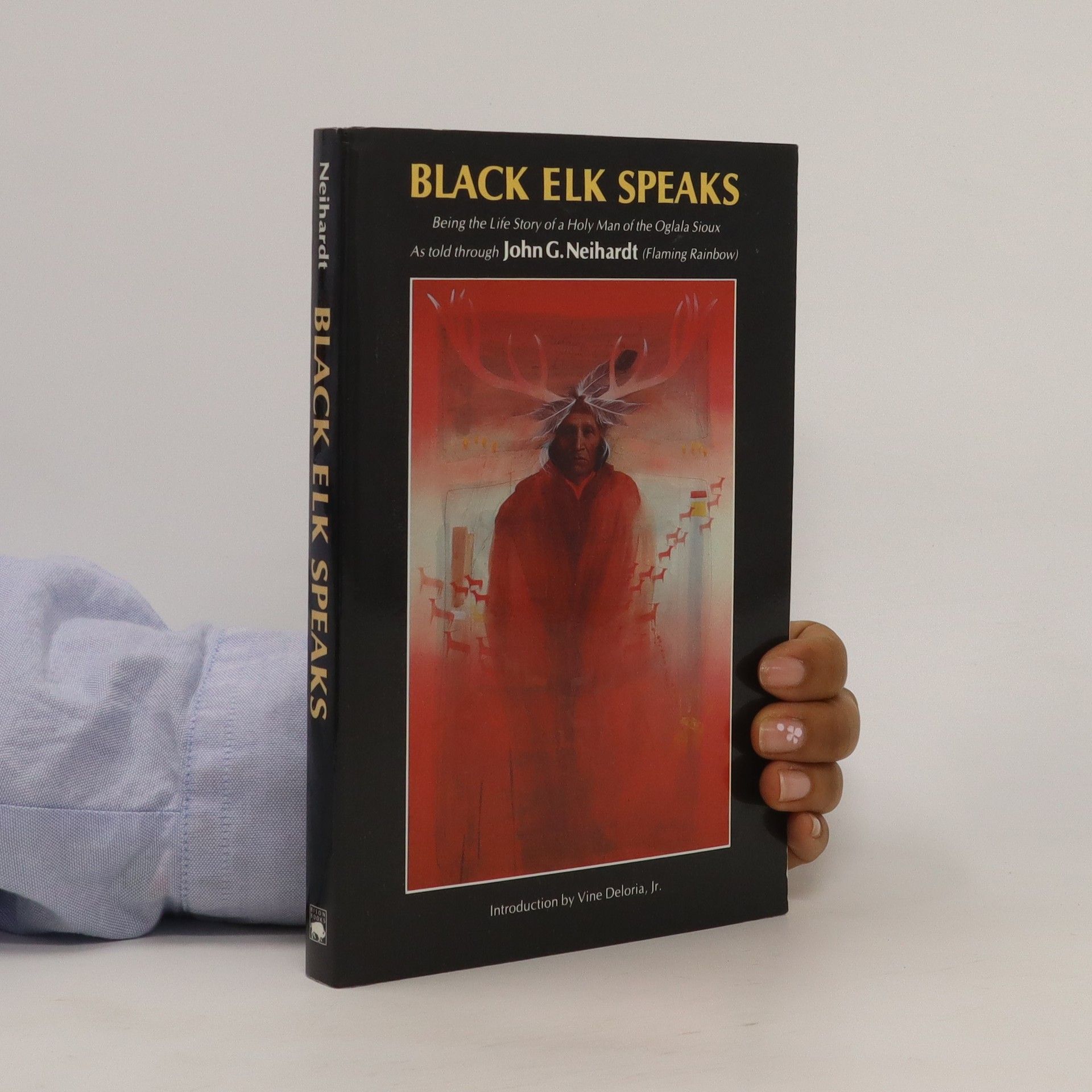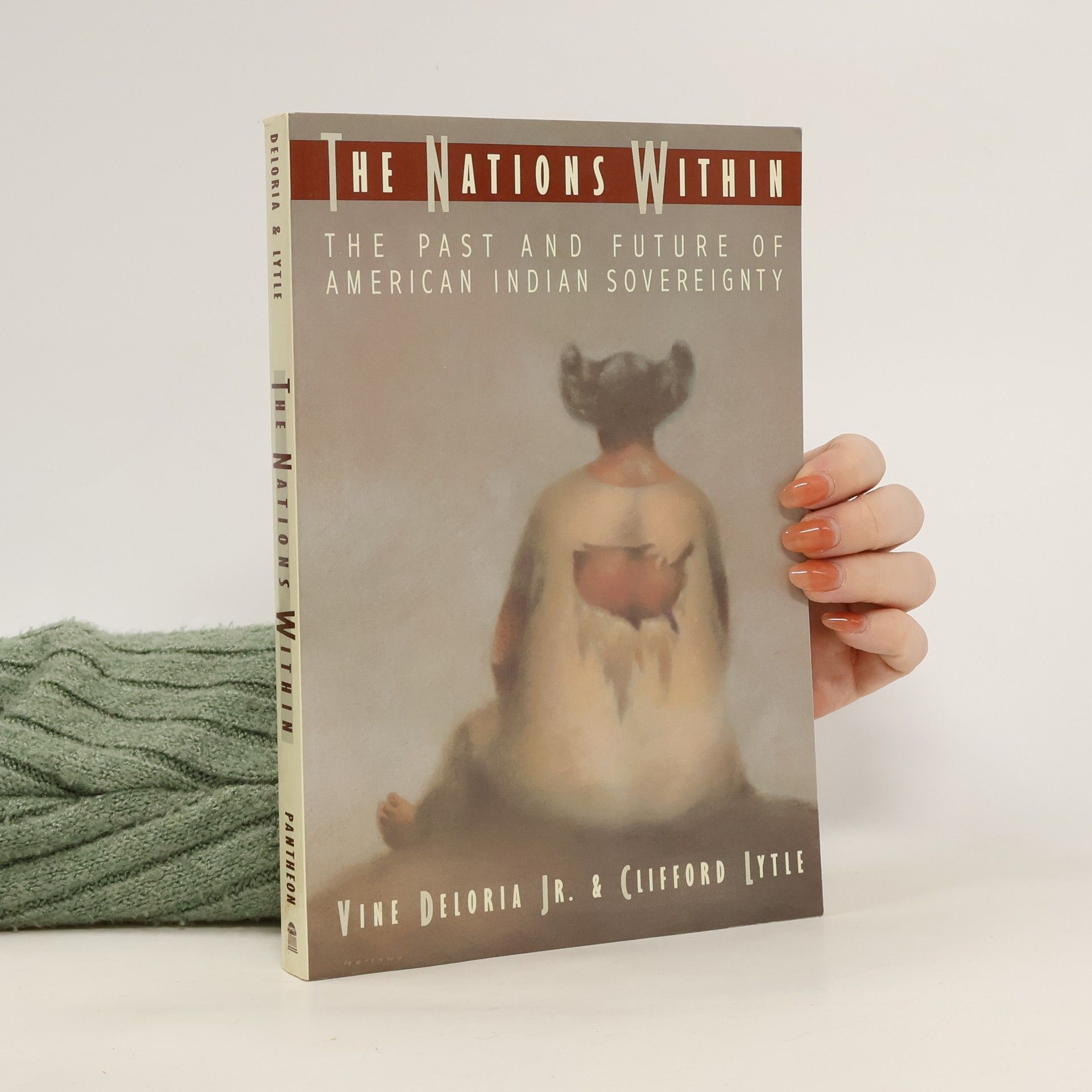Spirit and Reason: The Vine Deloria, Jr. Reader
- 384 pages
- 14 hours of reading
Spirit & Reason is a collection of the works of one of the most important thinkers of the twentieth century—Vine Deloria, Jr. Author of such classics as Red Earth, White Lies, and God is Red , Deloria takes readers on a momentous journey through Indian country and beyond by exploring some of the most important issues of the past three decades. The essays gathered here are wide-ranging and essential and include representative pieces from some of Deloria's most influential books, some of his lesser-known articles, and ten new pieces written especially for Spirit & Reason .Tellingly, in the course of reviewing his body of work, Deloria found much that he had written in the past remained current and compelling because "people have not made much progress in resolving issues." Whether disputing theories of religion and science, examining the problems of modern education, or expounding on our understanding of the world, Deloria consistently urges readers toward an intimate connection with the world in which we live. For those familiar with Deloria's works as well as those discovering him for the first time, this essential anthology will teach, provoke, and enlighten in equal measure.






